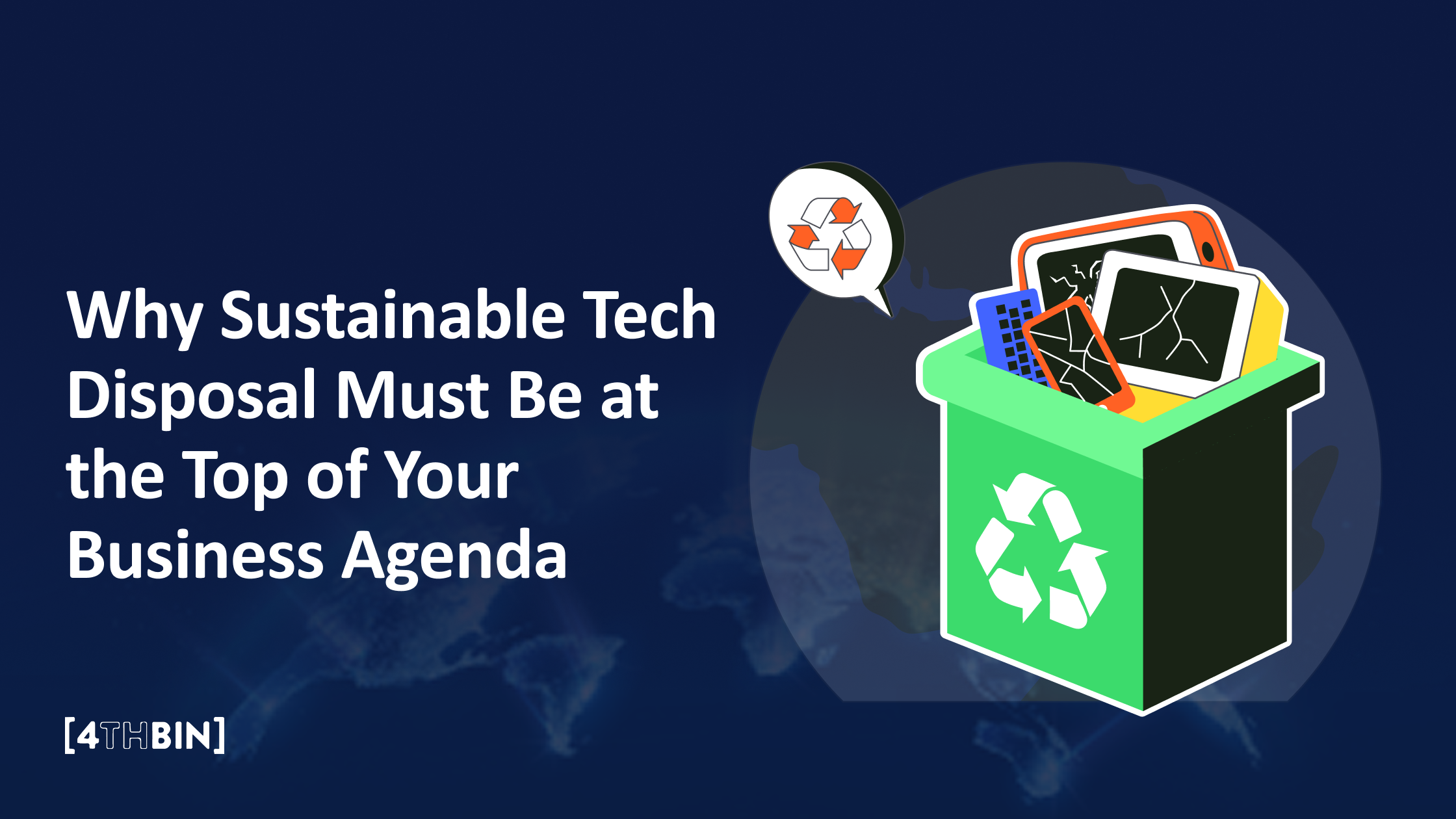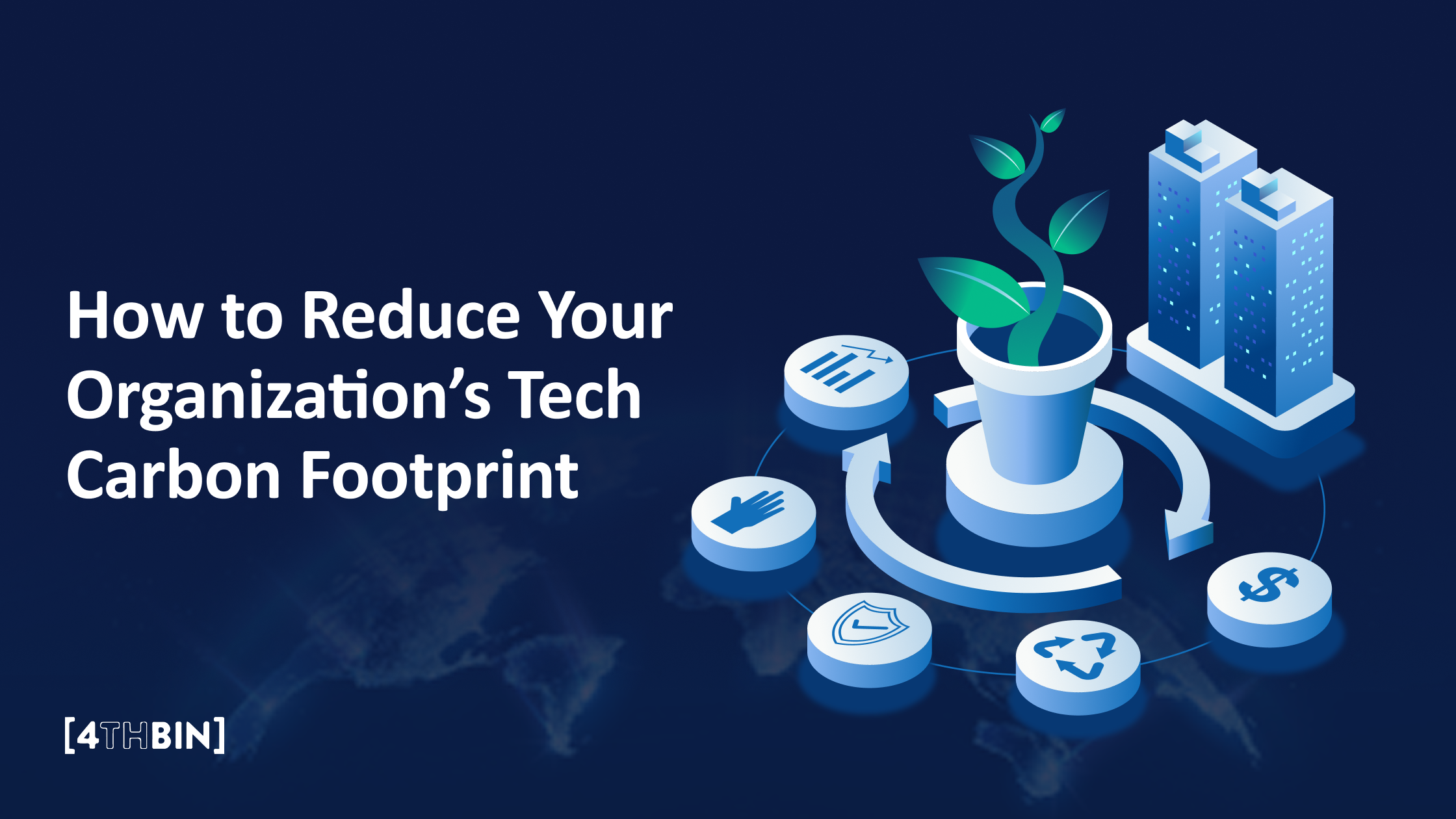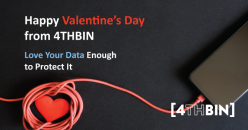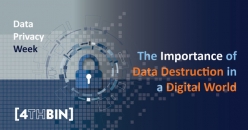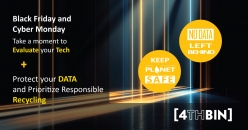HIPAA Compliant Destruction of Medical Documents
According to the U.S. Department of Health and Human Services, 337 healthcare breaches were reported in 2022, affecting 19,992,810 individuals. The number of large breaches rose to affect more than 134 million people in 2023. That’s not all; 90% of healthcare organizations face at least one security breach, with 30% occurring in large hospitals.
What is more alarming is that 95% of all identity theft stems from stolen hospital records. When sensitive data, such as protected health information (PHI) or personally identifiable information (PII), falls into the wrong hands, it leads to data breaches. These breaches result in data loss, leakage, and misuse, costing hospitals millions and millions of dollars.
In this article, we will explore HIPAA compliance, its requirements, the types of medical records to be disposed of, the importance of proper medical record disposal, methods of securely disposing of records, and the best practices of HIPAA-compliant destruction of medical records.
Understanding HIPAA Compliance
The Health Insurance Portability and Accountability Act (HIPAA), enacted in 1996 in the United States, provides data privacy and security provisions for safeguarding medical information. The primary goal of HIPAA is to ensure that an individual’s health information is adequately protected while allowing the exchange of health information needed to provide high-quality health care and protect public health and well-being. Understanding HIPAA is essential for any entity that handles personal health information (PHI), including healthcare providers, insurers, and third-party service providers.
What are HIPAA Requirements for Medical Document Disposal?
When a business handles PHI or medical records containing PHI, it is not only its duty to regulate how and with whom these records are shared but also its sole responsibility to avoid ‘accidental’ disclosure of these records during disposal of these medical records.
Proper medical record disposal is crucial to maintaining HIPAA compliance. The HIPAA Privacy Rule mandates specific guidelines for disposing of protected health information (PHI) to prevent unauthorized access and ensure the confidentiality and security of patient information.
A critical guideline when disposing of medical records containing PHI is guaranteeing its confidentiality. HIPAA requires that any disposal method ensures that PHI cannot be read, accessed, reconstructed, or retrieved. Simply discarding medical records in the trash is not acceptable. Instead, hospitals, clinics, insurance providers, etc., must implement appropriate precautions to protect the confidentiality of the information throughout the disposal process.
What Types of Medical Documents Must be Destroyed?
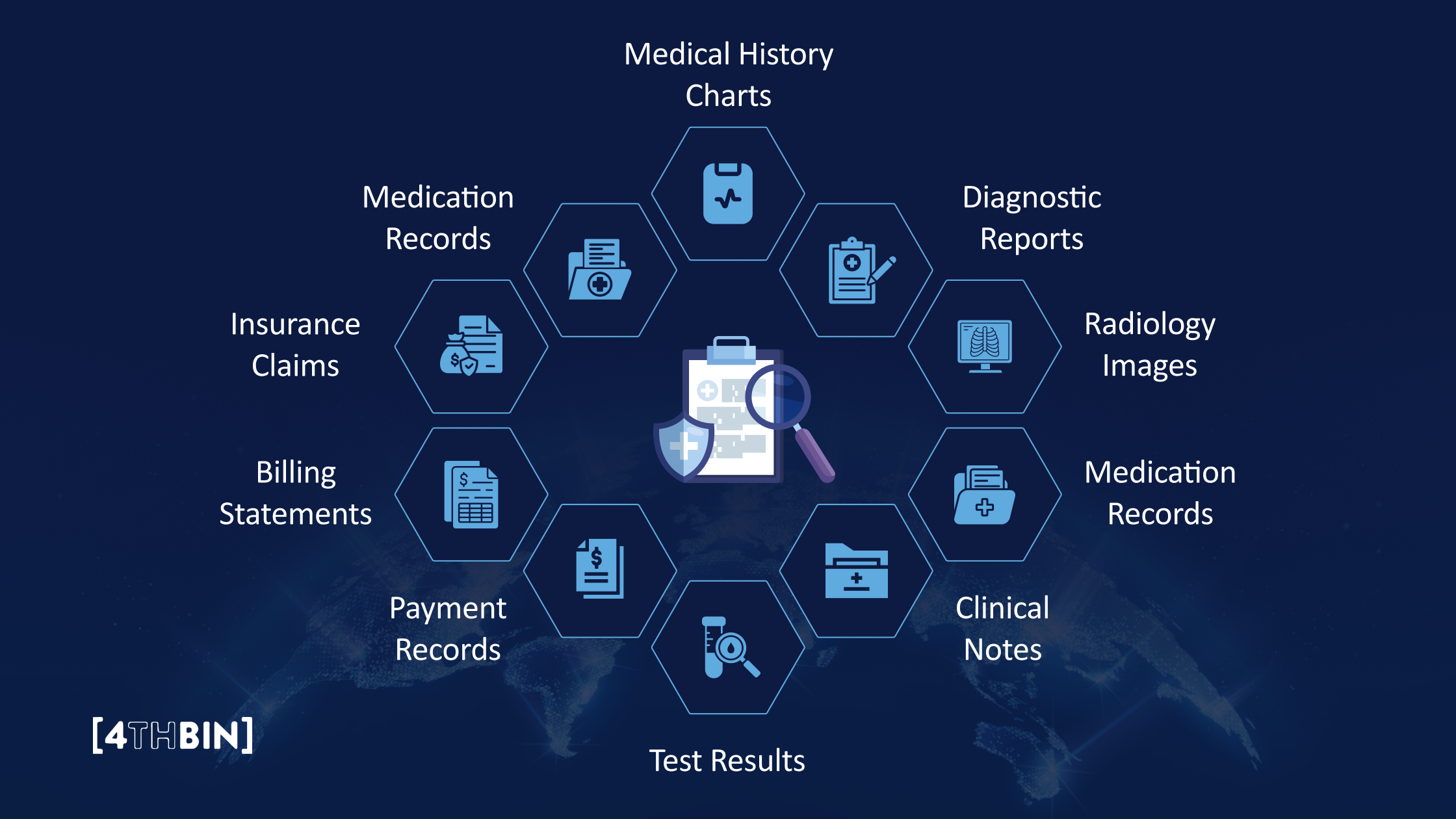
HIPAA mandates the secure destruction of electronic medical records (EMRs) to protect patient privacy and ensure the confidentiality of protected health information (PHI) and Personally Identifiable Information (PII). Various electronic medical records fall under this requirement, each containing sensitive information that must be managed appropriately and securely destroyed when no longer needed. Here are the main types of electronic medical records that must be destroyed to maintain HIPAA compliance:
- Medical History Charts
- Medication Records
- Insurance Claims
- Billing Statements
- Payment Records.
- Test Results.
- Clinical Notes
- Medication Records
- Radiology Images
- Diagnostic Reports
The Importance of Proper Disposal of Medical Documents
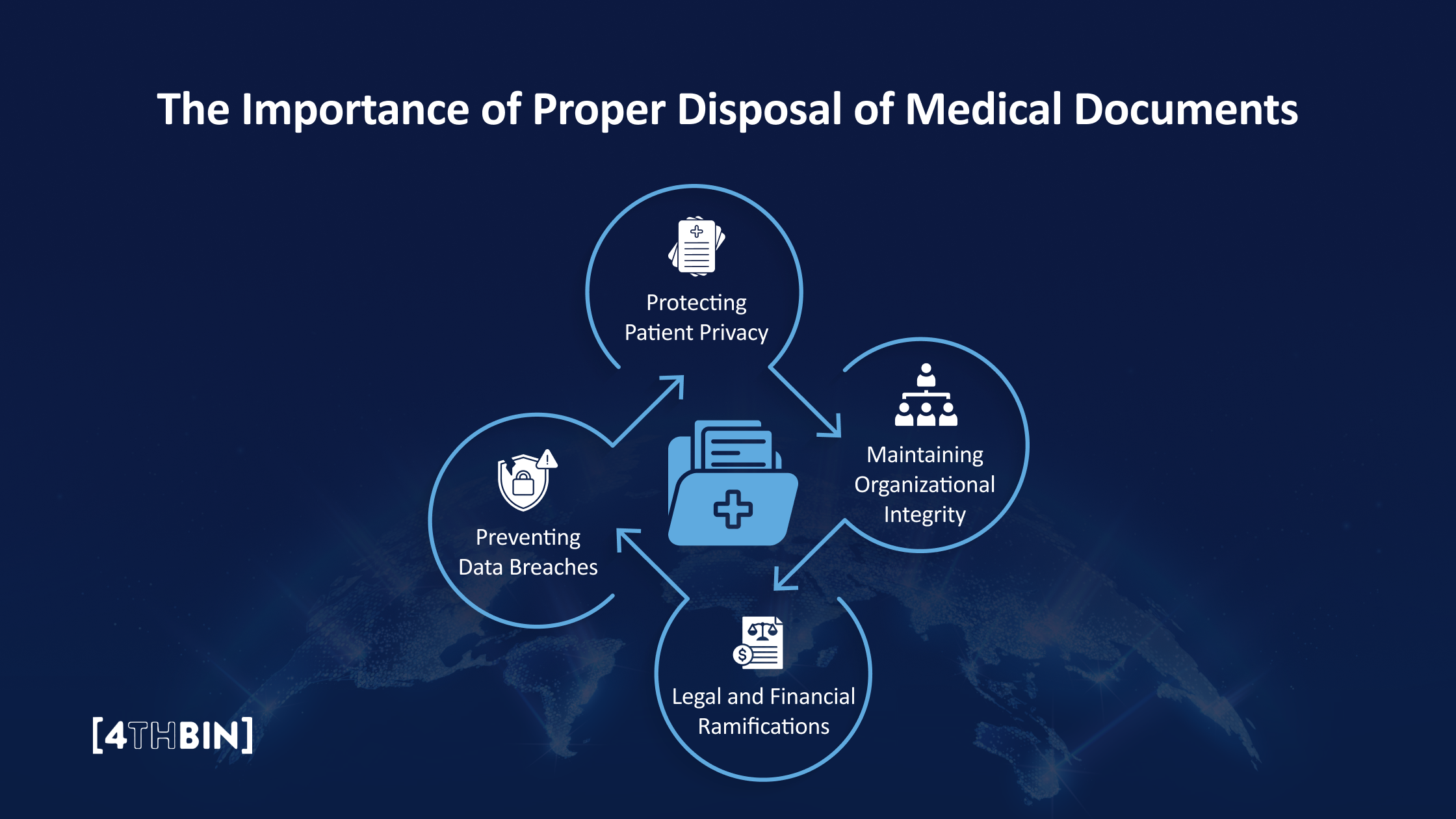
Proper disposal of documents containing protected health information (PHI) is not only a legal requirement under HIPAA but also a critical practice for safeguarding patient privacy and maintaining the integrity of healthcare organizations. The importance of securely disposing of HIPAA documents extends beyond regulatory compliance, touching on several critical areas:
Protecting Patient Privacy
Patients entrust healthcare providers with sensitive information, including medical histories, personal details, and financial data. Proper disposal of HIPAA documents ensures that this information remains confidential and prevents unauthorized access that could lead to identity theft, financial fraud, or other forms of exploitation. Maintaining patient privacy promotes trust between patients and healthcare providers.
Preventing Data Breaches
Improper disposal of PHI can result in data breaches, where sensitive information falls into the wrong hands and can be used maliciously. Data breaches can have severe consequences, including financial losses, legal repercussions, and damage to an organization’s reputation. By implementing stringent secure data disposal practices, healthcare entities can significantly reduce the risk of data breaches and protect their patients and themselves from the repercussions of such incidents.
Legal and Financial Ramifications
Non-compliance with HIPAA’s data disposal requirements can lead to substantial fines and penalties. The Department of Health and Human Services (HHS) Office for Civil Rights (OCR) enforces HIPAA regulations. It has the authority to impose penalties ranging from $100 to $50,000 per violation, with an annual maximum of $1.5 million. In addition to financial penalties, organizations may face lawsuits, legal fees, and the costs associated with breach notification and remediation efforts.
Maintaining Organizational Integrity
Adhering to proper disposal practices reflects an organization’s commitment to ethical standards and regulatory compliance. It demonstrates that the organization prioritizes the security and confidentiality of patient information, which can enhance its reputation and credibility amongst its patients, partners, and regulators. This commitment to integrity is significant in the healthcare industry, where trust and reliability are paramount.
How Can You Securely Dispose of PHI Data?
Let us explore a few effective methods for digital data destruction:
- Degaussing: This process is used primarily for magnetic storage media like hard drives and tapes; degaussing destroys data using a high-powered magnet to disrupt the magnetic fields that store it. This method effectively erases all data, making recovery impossible. Additionally, degaussing also renders the magnetic media unusable for future purposes.
- Overwriting: This method involves writing new data over the existing data, usually multiple times. This method is adequate for most digital storage media and allows the device to be reused.
- Physical Destruction: This method damages the storage media and renders it unusable. Methods include shredding, crushing, or melting storage devices. While effective at destroying data, physical destruction does not allow for the device’s reuse and may not be the most environmentally friendly option.
Best Practices for HIPAA-Compliant Destruction of Medical Records
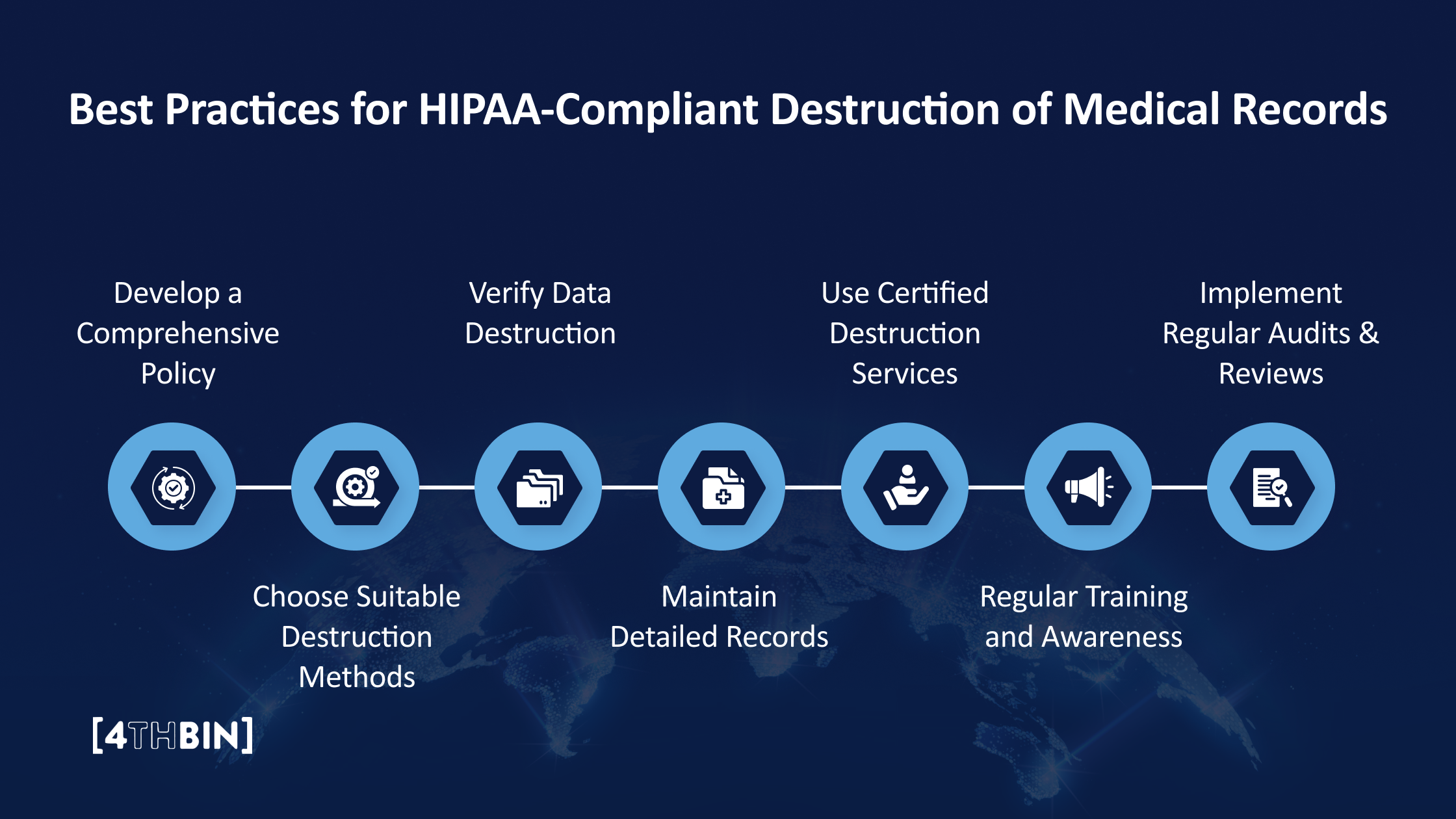
Here are the best practices for HIPAA-compliant destruction of electronic medical documents:
Develop a Comprehensive Policy
Your organization must establish clear guidelines to create a detailed policy outlining the procedures for the secure destruction of electronic medical documents. You must ensure the policy is easily accessible to all employees and regularly updated to comply with the latest regulations. The next step would be to designate specific personnel or teams responsible for overseeing the destruction process, ensuring accountability and compliance.
Choose Suitable Destruction Methods
Once you have set up a policy, the next step is to employ powerful data sanitization techniques to ensure the destruction of sensitive data such as PHI or PII. Methods such as degaussing, overwriting, and cryptographic erasure render data irretrievable. For devices no longer needed, use physical destruction methods like shredding, crushing, or incinerating to ensure the media cannot be reused or reconstructed.
Verify Data Destruction
After secure data disposal of medical records containing sensitive data, your organization must implement a verification process to confirm that data has been destroyed. This can include using data recovery tools to attempt to retrieve any remaining data and ensuring that it cannot be accessed. When using third-party destruction services, obtain a certificate of destruction that verifies the completion of the data destruction process.
Maintain Detailed Records
Your organization must record all data destruction activities, including the date, method used, devices destroyed, and personnel involved. This documentation is vital for demonstrating compliance during audits. It must also maintain audit trails that detail the lifecycle of the electronic medical documents from creation to destruction, ensuring full traceability.
Use Certified Destruction Services
If your organization is outsourcing data destruction, choose certified vendors with a proven track record of HIPAA compliance. You must ensure they provide a certificate of destruction and adhere to industry standards. Moreover, you must also establish clear agreements with third-party vendors that outline their responsibilities and compliance requirements, including clauses for confidentiality and security.
Regular Training and Awareness
61% of healthcare data breach threats come from negligent employees. These statistics highlight that a crucial aspect of adhering to HIPAA requirements is educating your employees on the implications of non-adherence. Your organization must conduct regular training sessions for employees on HIPAA requirements and the importance of secure data destruction. You must ensure they are familiar with the organization’s policies and procedures.
Implement Regular Audits & Reviews
Lastly, your organization must conduct regular audits of data destruction practices to ensure ongoing compliance with HIPAA regulations and identify any areas for improvement. You must also regularly review and update data destruction policies to reflect changes in technology, regulations, and organizational practices.
While we have listed the best practices for disposing of your medical records, we recommend you choose an e-recycling company that offers secure data destruction service to ensure your organization’s sensitive data is effectively handled!
Securely Dispose of Sensitive Medical Documents with 4THBIN!
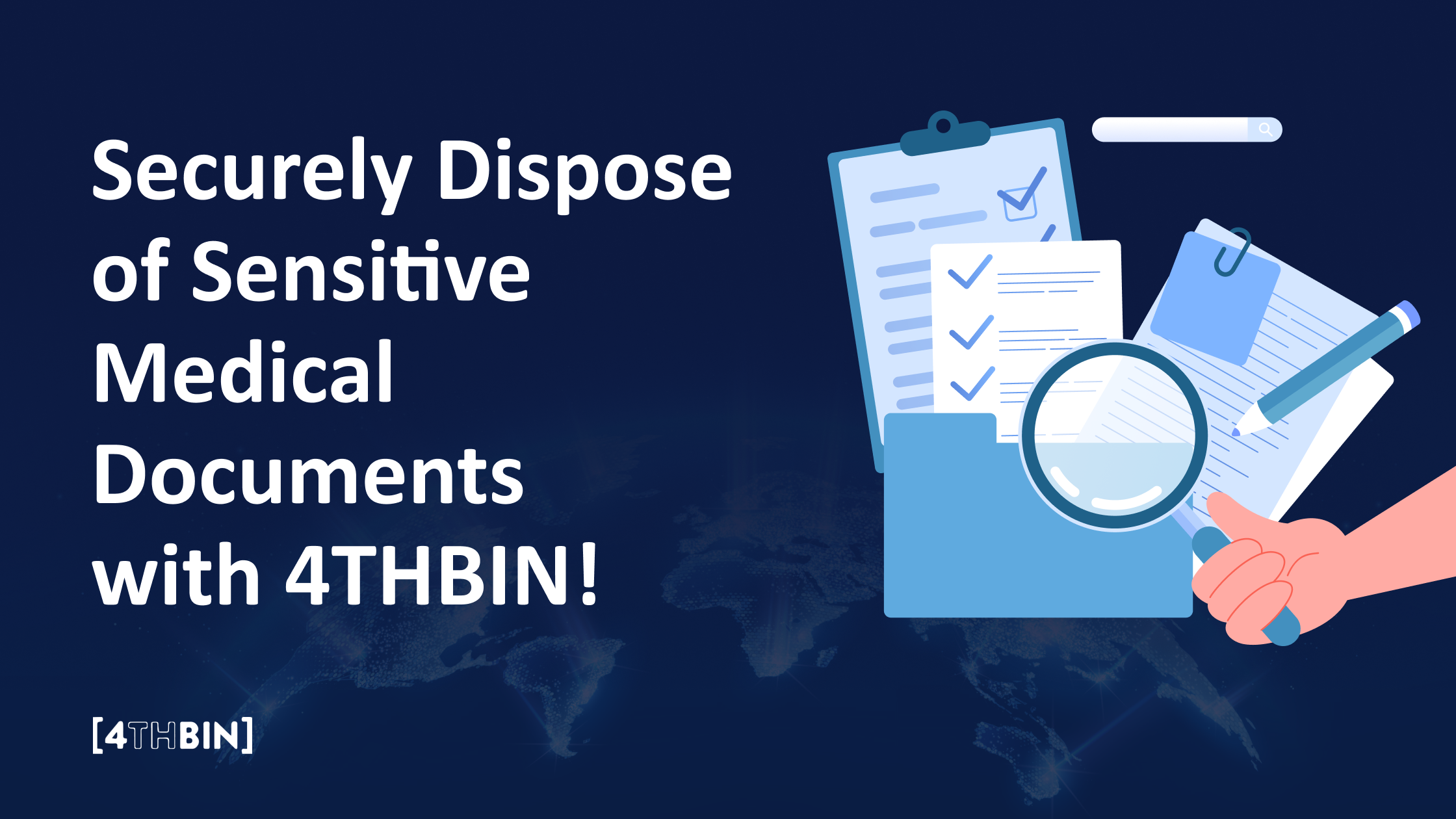
Is your organization struggling to recycle its electronic waste? 4THBIN to the rescue! With over a decade of experience, 4THBIN is a certified and secure e-recycling solution provider to over 10,000 businesses – from Fortune 100 companies to start-ups across the United States.
We believe that no data should be left behind! Backed by our data security expertise, we provide certified data destruction support to today’s top industries. We have teamed up with a strategic partner to offer our new HIPAA-compliant destruction service that ensures PHI and sensitive patient information is securely and thoroughly destroyed.
Whether you’re a small clinic or a large hospital, you can trust us to handle your documents with the highest level of security, leaving no room for data breaches or identity theft. We also help you deliver on your corporate social responsibility commitments by ensuring your e-waste is securely and sustainably recycled.
Securely Dispose of Medical Data Today!
Contact Us


